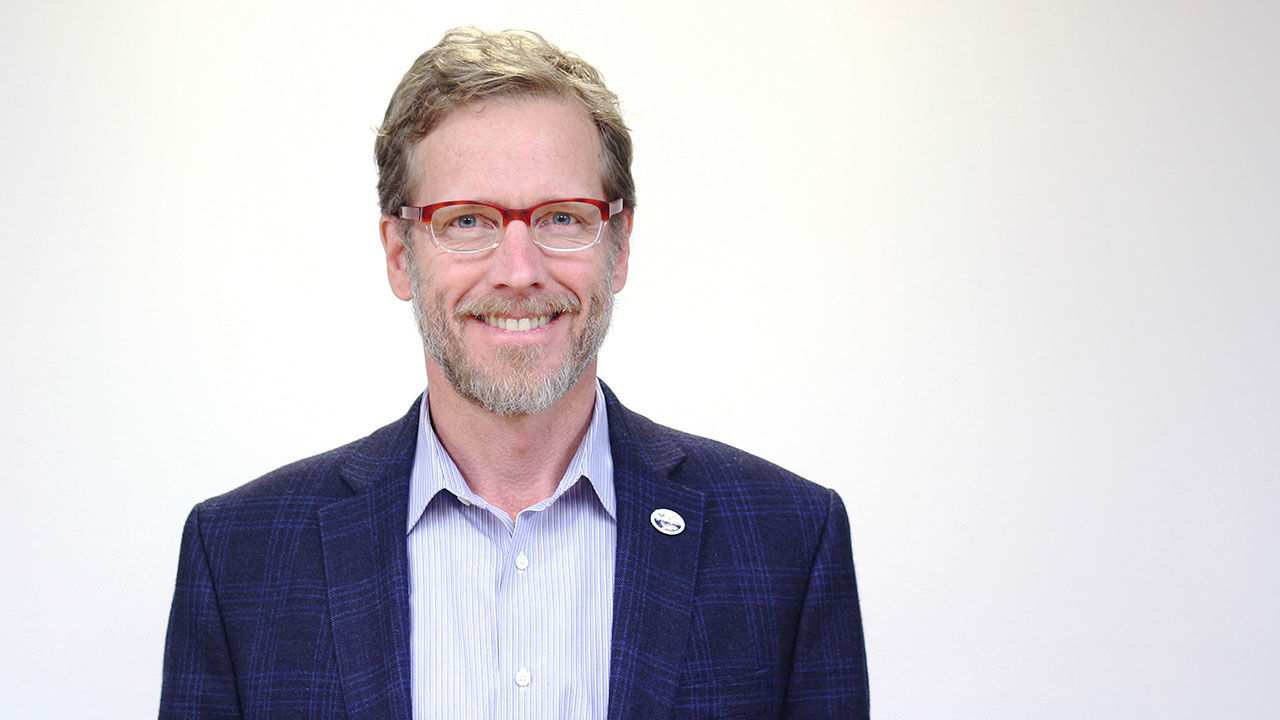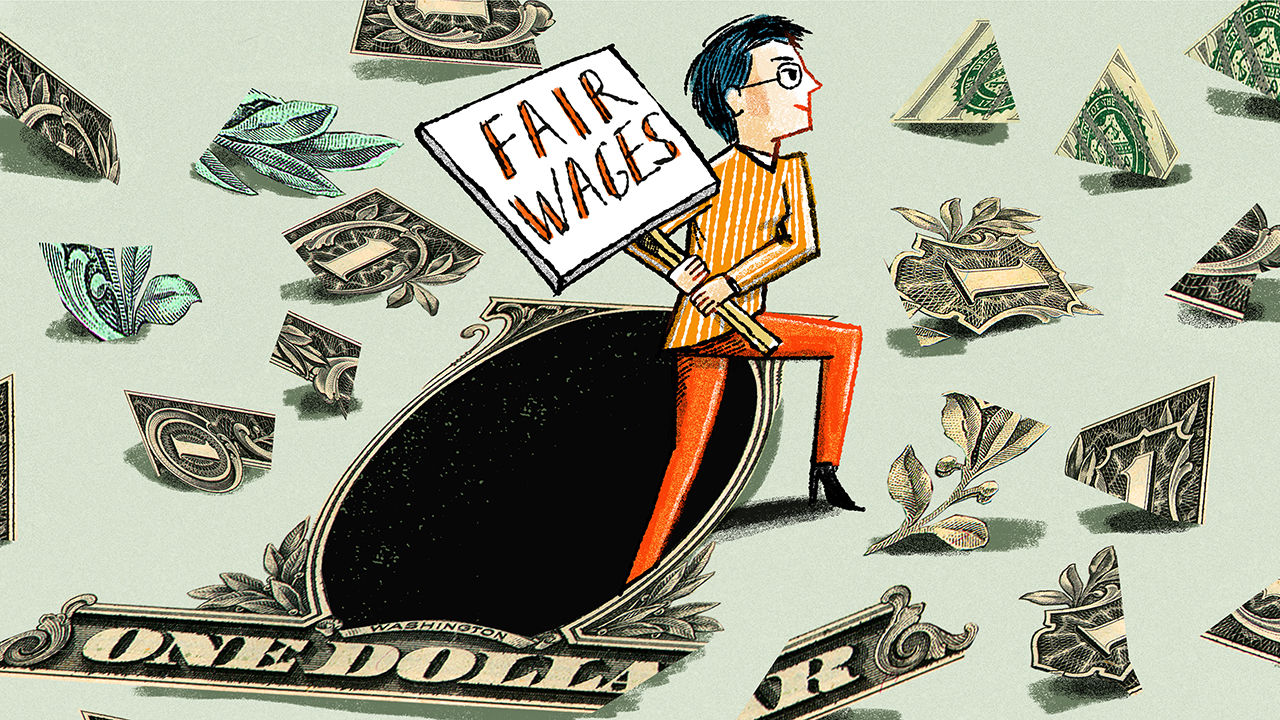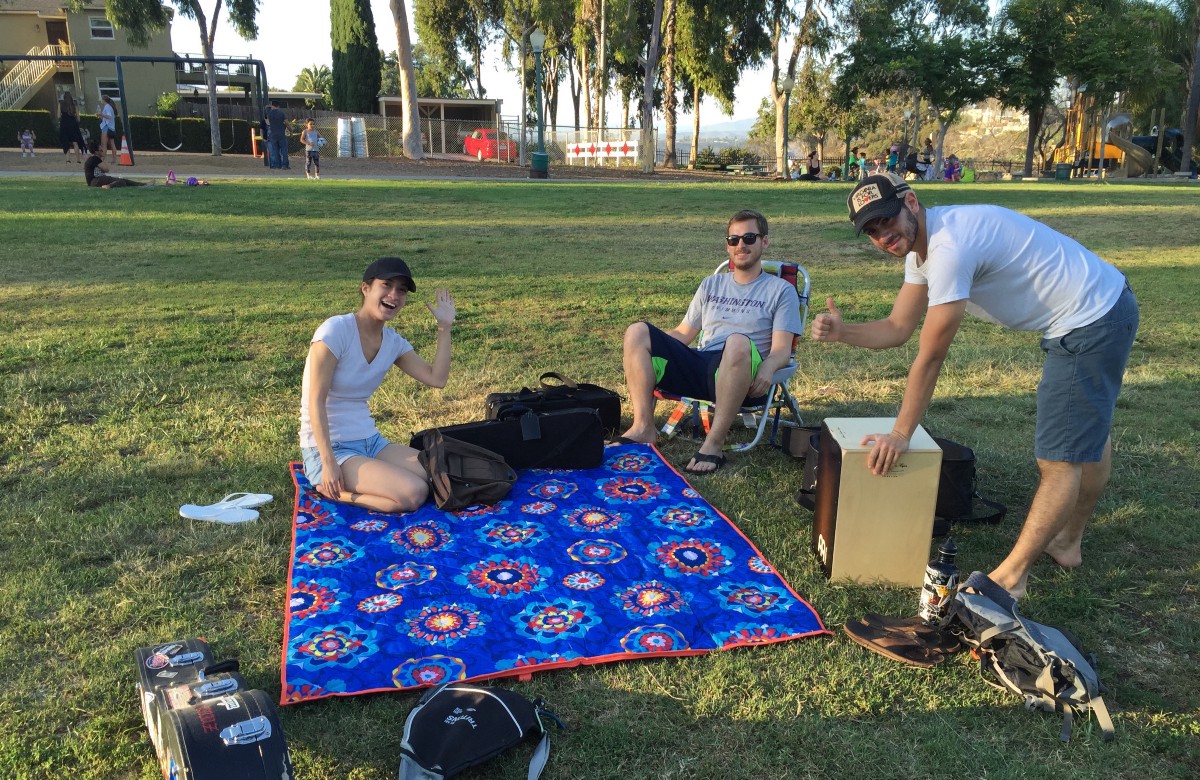This Trump Administration Whistleblower Has Some Advice for Young Scientists
Joel Clement reflects on his battle with Department of the Interior leadership

Send us a link
Joel Clement reflects on his battle with Department of the Interior leadership

Here's how PhD students can prepare for different careers, and how lab heads can help.
The multidisciplinary conferences that use ‘science’ as an adjective can be a fantastic source of new collaborations and ideas.
Data on the career paths of young researchers would help to guide the lost generation.
Doctoral students can use writing meet-ups to overcome isolation and depression and boost their motivation, says Karra Harrington.
What models or practices could be developed to help incentivize and reward innovation and diverse forms of scholarly communication and public engagement while reducing the risk to those who are seen to be diverging from traditional modes of professional practices and advancement?

Universities need to rethink how they evaluate academics for promotion.

For academic couples who are committed to living in the same place and pursuing faculty careers, asking for a dual hire—when one person receives an offer and then negotiates a position at the same university for their partner—can be a good option. But it must be approached carefully, and it is far from a sure thing.

If only I had known then what I know now, 16 years later, this is what I would have told myself.

A different take on advice frequently given to PhD students.

I’m deluged with outstanding applications for academic posts. So should I recruit the people who need the job most?

Only about 5% of the institutions made explicit mention of open access in their guidelines, and, in several of those few cases, the mention was done to call attention to the potentially problematic nature of these journals.
In a controlled experiment with two disjoint program committees, the ACM International Conference on Web Search and Data Mining (WSDM'17) found that reviewers with author information were 1.76x more likely to recommend acceptance of papers from famous authors, and 1.67x more likely to recommend acceptance of papers from top institutions.

Scientists are more efficient at producing high-quality research when they have more academic freedom, according to a recent study of 18 economically advanced countries. Researchers in the Netherlands are the most efficient of all. The existence of a national evaluation system that is not tied to funding was also associated with efficiency.
When it’s also big science, the careers of those involved can suffer.

Three steps that could be taken by funding agencies to support young investigators in more constructive and effective ways: (1) greatly expand the use of the New Innovator/Starting Grants awards, (2) increase the funding of young investigators through requests for applications, and (3) experiment with separate competitions for Early Stage Investigators when awarding traditional investigator-initiated R01 grants.
In this study, among a large number of factors that can enhance life satisfaction for postdocs (e.g., publication productivity, resources available to them) only one stood out as significant: the degree to which atmosphere in the lab is pleasant and collegial.
Twenty years on, Dave Reay speaks out about the depression that almost sunk his Ph.D., and the lifelines that saved him.
Study suggests doctorates are now seen as a test of character rather than intellect.
